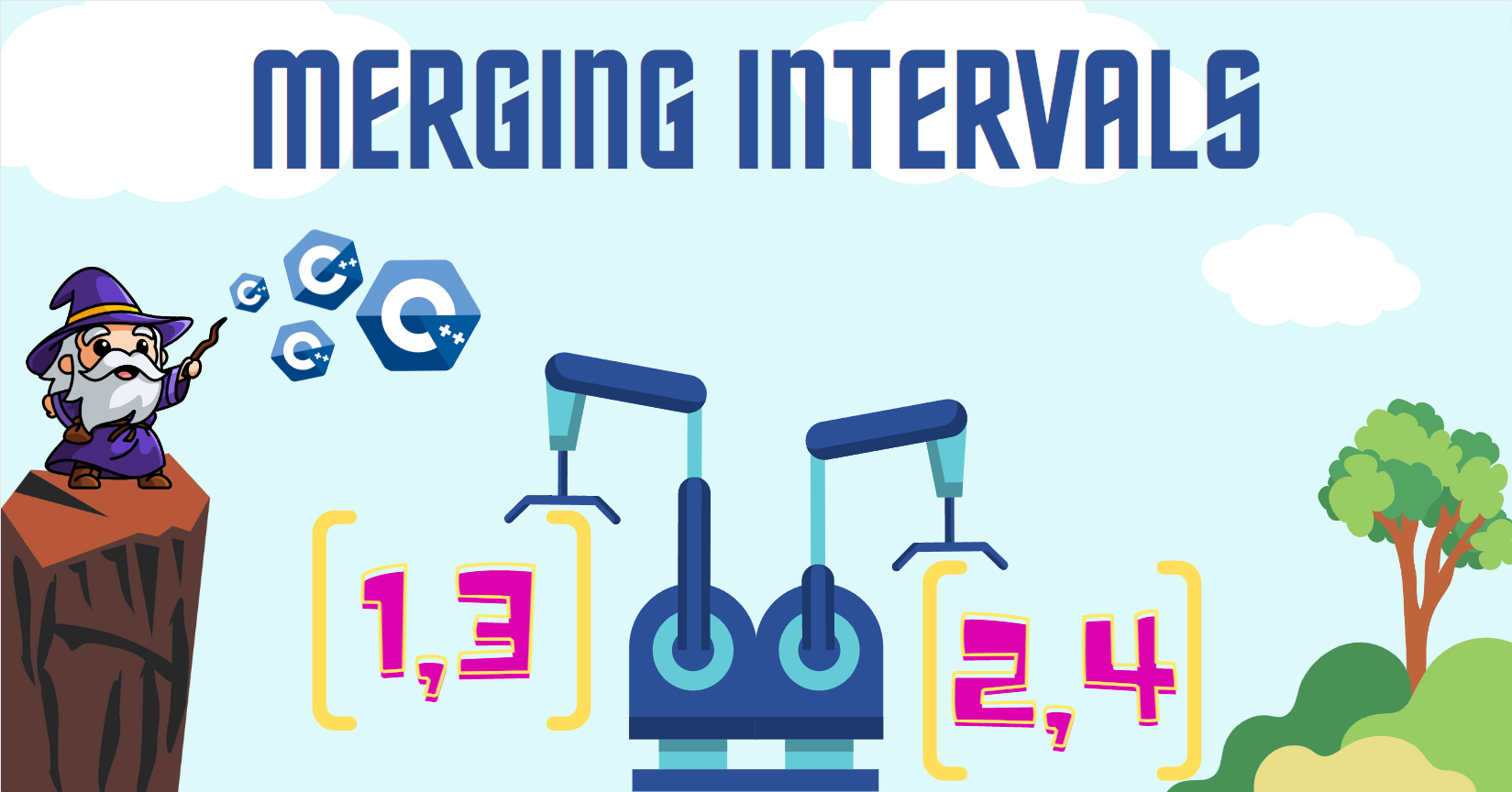A little Introduction to Control Flow Integrity - James McNellis - Keynote Meeting C++ 2025
Thanks to James McNellis to giving an introduction to this crutial technique for protecting C++ applications, which he has practical experience with.
A little Introduction to Control Flow Integrity - James McNellis - Keynote Meeting C++ 2025
by James McNellis
Watch the video:

 Revisiting a classical programming puzzle in next generation C++:
Revisiting a classical programming puzzle in next generation C++: